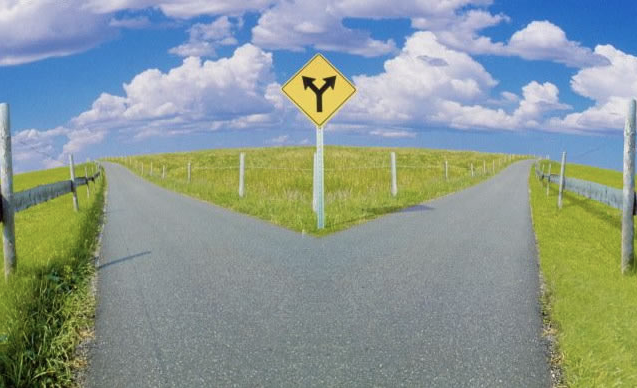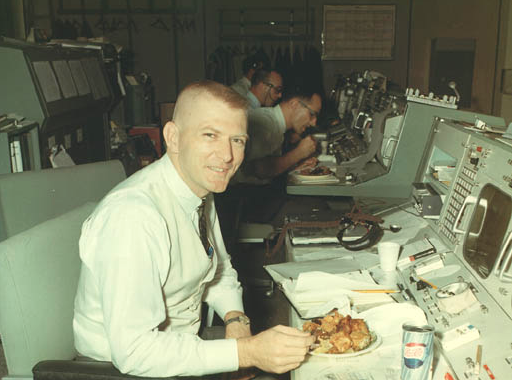 The father of someone I’m connected to on Facebook recently passed away. Very recently. Just a few minutes ago, in fact. How do I know this? Because the connection in question said so on his Facebook wall: “My father passed away just moments ago”.
The father of someone I’m connected to on Facebook recently passed away. Very recently. Just a few minutes ago, in fact. How do I know this? Because the connection in question said so on his Facebook wall: “My father passed away just moments ago”.
How does this work, exactly? I imagine this fellow sitting vigil by his father’s side, holding his dad’s frail hand, the thumb of his other hand hovering over the “Send” key in a pathetic frenzy to raise the profile of his Facebook page.
I don’t know if you’ve noticed but discretion is out – way out. What’s in? Sharing online every thought, emotion, impulse and event as it occurs. In our therapeutic age, grief is out and healing is in. After a mass shooting, the bodies aren’t even cold yet before the self-directed cries for “Let the healing begin” are heard.
And to the extent that we do still grieve it’s not for the departed’s loss but for our loss. In this regard clergy have been of little help. The secular world having infiltrated religion far more than the reverse, clergy insist that when we cry for the dead we’re actually crying for ourselves. With all due respect, not me: I’m crying for the departed’s loss.
When I was a kid I heard someone say “You can learn a lot by keeping your mouth shut.” The truth of it was obvious to me even then. Speak less, listen more, take it all in and you’ll gain in knowledge. After all, you can’t speak and listen at the same time. Perhaps just as important, you can’t reflect and speak at the same time.
[Tweet theme=”tweet-box-normal-blue”]To the extent that we still grieve it’s not for the departed’s loss but for our own.[/Tweet]
Sure, there are times when we reflect on this or that with a friend or spouse, but in general reflection takes place internally. Relating an experience before having a chance to digest its full meaning often invests it with undue import. But I’ve never regretted those occasions when I resisted the temptation to immediately share an experience that only just occurred.
This is true for both positive and negative experiences. Give something days or even just hours to breathe and the increase in clarity is revealing – and often reassuring. Whether it’s losing a job or winning the lottery, reflection and the passage of time often reveal what appear to be pivotal events into something not crucial, not turning points, not make or break.
Oftentimes what seem to be life-changing developments turn out to have a very different meaning from the narrative you’ve been weaving for yourself and others. Why we still envy lottery winners even though the lives of lottery winners invariably spin out of control is beyond me. Conversely, things like losing a job are very often the real beginning of a satisfying and career.
Like the ability to entertain yourself when bored, learning to keep your mouth shut is a valuable tool: you may even find that it enables you to keep up with the truth.
Return to daviDDeeble.com or watch me perform the Flaming Marshmallow Balance of Mystery on the Late Late Show.




 The father of someone I’m connected to on Facebook recently passed away. Very recently. Just a few minutes ago, in fact. How do I know this? Because the connection in question said so on his Facebook wall: “My father passed away just moments ago”.
The father of someone I’m connected to on Facebook recently passed away. Very recently. Just a few minutes ago, in fact. How do I know this? Because the connection in question said so on his Facebook wall: “My father passed away just moments ago”.



 Last night I lay in bed with the mellow satisfaction one enjoys at the end of a particularly good day. Then, shortly before calling it a night, I checked-in on Instagram and suddenly found myself feeling jealous toward of a couple of my colleagues.
Last night I lay in bed with the mellow satisfaction one enjoys at the end of a particularly good day. Then, shortly before calling it a night, I checked-in on Instagram and suddenly found myself feeling jealous toward of a couple of my colleagues.